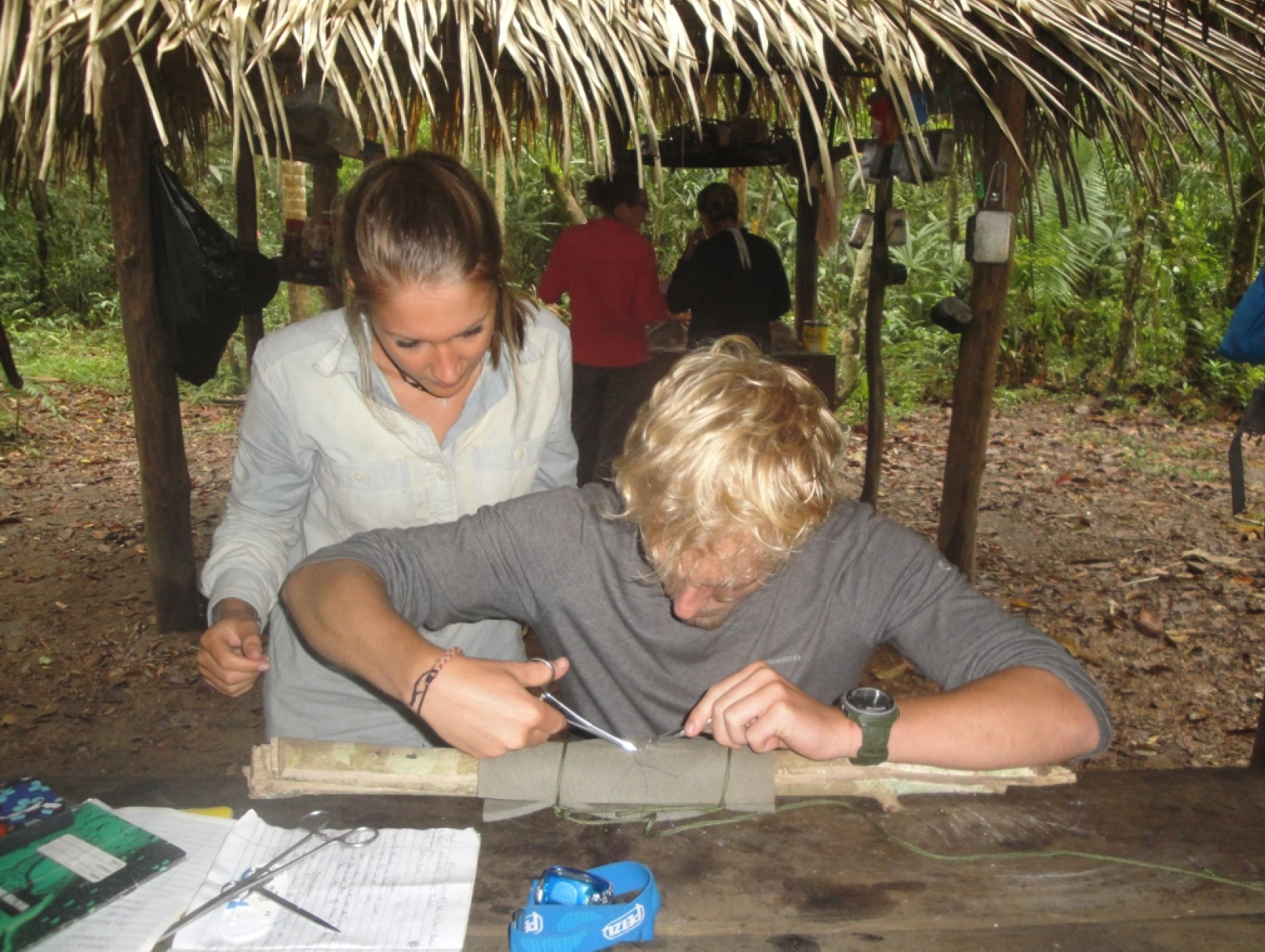Sustainable Surgery Fellow Chantelle Rizan shares her improvement journey, and invites people to join the new Sustainability Q Specialist Interest Group (SIG).
How did you first get involved in improvement, and what has been your journey since then?
I became interested in quality improvement as an Academic Foundation Doctor in management and leadership, during which time I streamlined an award-winning unilateral tinnitus patient pathway, using lean management techniques. I completed a Masters of Research based on this study, which translated into sustained benefits to patients, staff, the local trust and CCGs alike. I went on to become the chair of the Brighton Chapter of the Institute of Healthcare Improvement and have worked to encourage my local hospital community to get involved in quality improvement and to take on new challenges.
What most inspires you professionally?
I am inspired by those who constructively evaluate and question the systems and processes around them, continually seeking opportunities to make holistic improvements. I am passionate about making our NHS sustainable through considering the triple bottom line – financial, ecological and social sustainability. For too long healthcare has been considered exempt from such considerations, despite labour rights abuse risks and the NHS being responsible for one quarter of public sector greenhouse gas emissions. I feel cultural change is now needed to integrate these elements into our language of healthcare quality improvement. I believe we must all take responsibility as healthcare professionals for improving healthcare sustainability within our own locus of control, be that large or small.
I am inspired by those who constructively evaluate and question the systems and processes around them, continually seeking opportunities to make holistic improvements.
Can you share a hard-won lesson you’ve learnt about what makes for a successful (or unsuccessful) improvement project?
Having successfully designed, implemented and sustained a complex novel patient pathway involving numerous stakeholders, I feel the key was developing a robust business case for change. I took a hybrid approach, presenting efficiency measures (e.g. value process mapping, pareto charts), financial measures and social factors (e.g. patient and public involvement, staff role lane mapping). Looking back, it was very important to keep a clear goal in mind and to remain persistent, resilient and organised along the way.
What change could we make that would do most to embed continuous improvement in health and care?
My personal view is that healthcare professionals could be given greater time and flexibility within their work schedules to develop their personal interests in healthcare education, research, quality improvement and professional development. Whilst this has workforce implications that would need to be addressed, empowering staff in this way and increasing autonomy could improve staff satisfaction whilst reducing stress related sick leave and staff retention. This change could provide space to build a culture of continuous quality improvement.

Why did you join Q?
I was asked to become a Q member 18 months ago and was drawn to the prospect of joining a network that values collaboration. I really wanted the opportunity to meet Q members and to find out what others were doing in field of healthcare innovation and improvement, and to make new connections that might support the dissemination of quality improvement project findings.
What new connections have you made as a result of joining the Q community – and what have you learnt so far?
I have been truly inspired both by Q members and guest speakers at local events and the recent national Q event. Since joining Q I have enjoyed engaging in the Special Interest Groups, especially learning what others are doing in the field of process visualisation in the NHS. Having been inspired by Tony Kelly at a Kent Surrey & Sussex Q event I invited him to speak at one of my local IHI events, with fantastic feedback from our multidisciplinary audience.
Can you tell us about something you’re currently working on that Q members might be able to get involved with?
I am now taking time out of surgical training, starting a PhD focusing on improving the sustainable value of surgery, balancing patient and population outcomes against ecological, social and financial costs. This is in collaboration with the Centre for Sustainable Healthcare and supervised by Mahmood Bhutta, founder of the Medical Fair and Ethical Trade Group, BMA.
I’d like to invite Q members, and others with an interest, to join the new Sustainability Specialist Interest Group to share experiences of sustainability within the NHS. I’d be interested to hear thoughts on the barriers and enablers to adopting sustainable practice within a healthcare context.